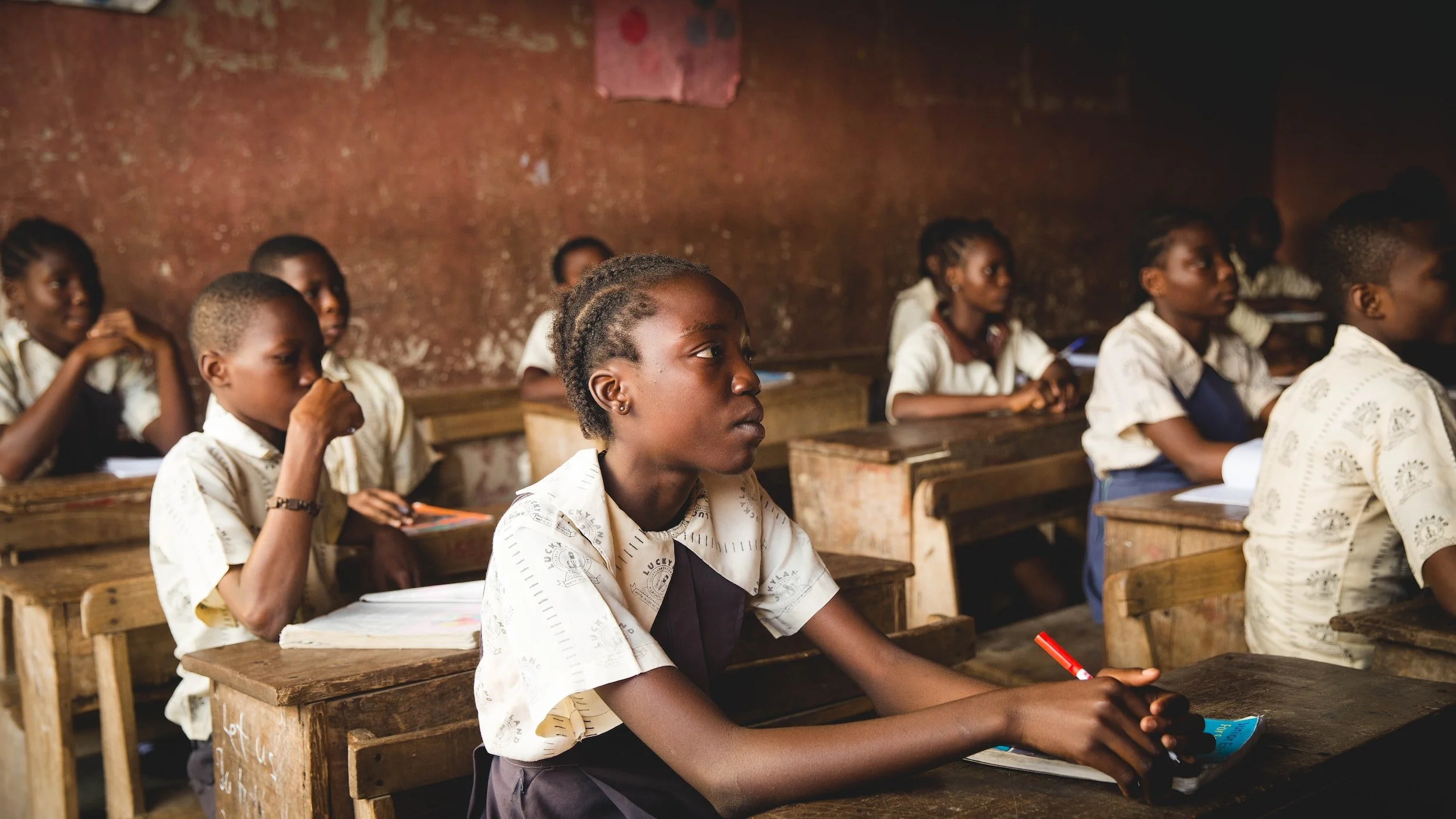FinTech for Education: The Burkina Faso Story
The intersection between finance and technology can potentially revolutionize the African continent. With innovative fintech solutions emerging in the region, there is an opportunity to overcome longstanding educational barriers. In this article, we explore the potential for fintech to revolutionize the learning systems in Burkina Faso.
Education is a fundamental human right essential to unlocking the full potential of individuals and societies. Unfortunately, in many parts of the world, like Burkina Faso, access to quality education remains an ongoing struggle. For example, according to UNESCO, Burkina Faso's literacy rate is only 36%, with significant disparities between urban and rural areas. Moreover, the COVID-19 pandemic has highlighted the fragility of educational systems in this region and emphasized the need for innovative solutions.
Fortunately, fintech innovations in the region show promise in addressing some of the longstanding challenges that have hindered education.
Fintech and Education in Burkina Faso:
In the past decade, more Burkinabé have been using mobile money to pay education-related expenses. The adoption of this service has been so significant that over 15% of adults in the country currently have a mobile money account. This has resulted in more access to financial services for parents and students, particularly in remote areas where traditional banks are scarce.
Another critical area where technology is driving change is in digital learning platforms. With the COVID-19 pandemic accelerating the adoption of digital platforms for remote learning, there has been a remarkable increase in the use of Zoom and Microsoft Teams. This has enabled students to continue their education despite the pandemic's disruption.
Moreover, there has been a proliferation of educational apps in the region, offering access to online courses and other resources. Among them, e-Jangolo, a Burkinabe startup, provides courses in mathematics and English, while Kavalow allows students to access past exam papers and other educational resources.
Challenges and Opportunities
Despite the progress that has been made, significant obstacles still need to be overcome. One of the biggest challenges is the digital divide, particularly in rural areas where access to the internet and digital devices is restricted.
Another challenge is the need for digital skills among teachers and students. Many teachers in Burkina Faso have limited experience with digital tools, so there is a need for training and capacity building in this area. Similarly, many students lack the digital literacy skills needed to take advantage of the opportunities offered by fintech and digital learning platforms.
Conclusion:
In conclusion, the intersection of finance and technology presents many opportunities to improve the education system in Africa. With innovative solutions like mobile money and blockchain-based credentialing systems, fintech companies can play a pivotal role in tackling the longstanding hurdles that have plagued the education sector in the region, ranging from limited access to inadequate resources. However, for these solutions to be truly effective, it is crucial to develop these solutions with the perspectives of local communities.
What Does This Mean for the Future:
Technology is just a tool. In terms of getting the kids working together and motivating them, the teacher is the most important - Bill Gates.
With this in mind, it is our responsibility, as members of the finance and technology industry, to equip teachers and students with the necessary resources to thrive. Together, let us create a future where education is accessible to all and the potential of finance and technology are utilized for the betterment of society.
